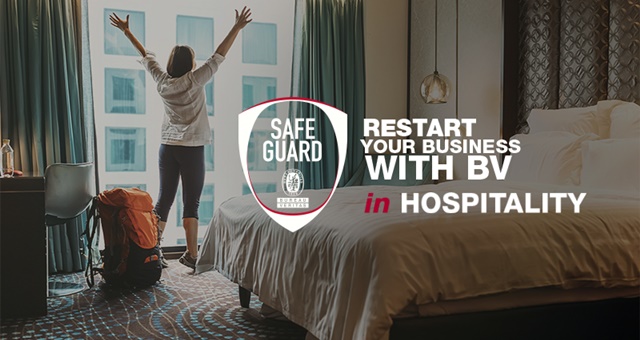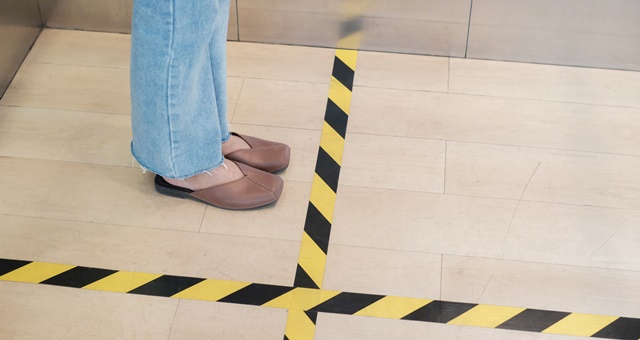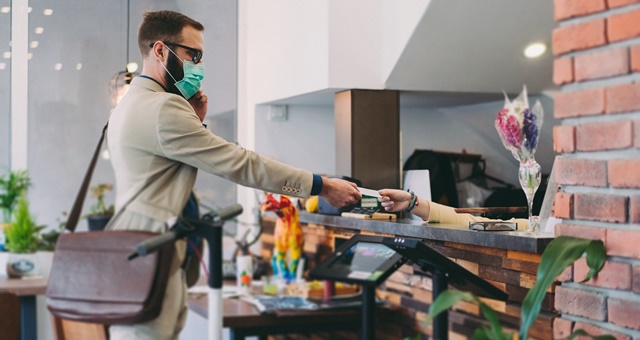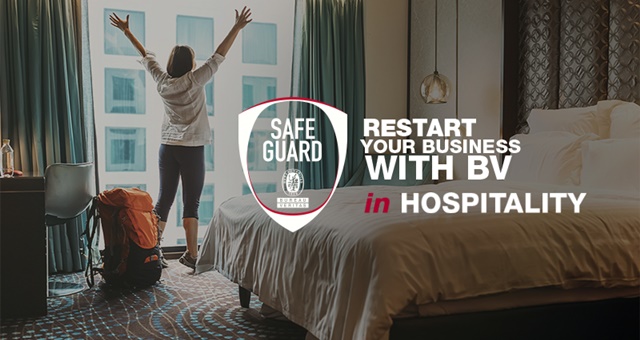
Hotels have always been highly proficient and exemplary in how they handle hygiene, cleanliness and guest safety. It has always been a top priority and was always happening behind the scenes. What has changed in recent months however is the need to become more visible and more public with just how a hotel maintains these standards.
True to form, the industry went one better – completely revolutionising the idea of hygiene and cleanliness – investing heavily in more cleaners, new technology and an overall improvement in maintenance standards. Proving their clean credentials became a new necessity, whereas previously it was merely an accepted and expected norm.
As part of this new public billboard for hygiene, one critical emerging element is compliance, to ensure guests retain their confidence in hotels. Risk assessment is therefore key and the message from organisations such as Bureau Veritas is for properties to carry out independent audits and assessments to become verified as a safe haven for guests to return.

A global leader in inspection, certification and testing, Bureau Veritas has recently launched its SafeGuard Assurance Program – a four-step methodology designed to verify, certify and promote the hygiene and cleanliness standards of customer-facing businesses of all sizes.
Bureau Veritas Vice President Pacific, Andrew Mortimore, said Australian hotels already exhibit a comparatively high standard in both hygiene standards and compliance.
“What the Bureau Veritas SafeGuard label is synonymous with is impartiality and expertise. Hotels that comply with the SafeGuard protocols can be confident that they are compliant with the industry’s strongest safety standards and hygiene protocols, built on a foundation of excellence, and science-based evidence.
As part of the assessment process, Bureau Veritas checks, validates, and shares the current health guidelines in forming the criteria on which hotels are assessed. Each hotel (if more than one in a group being audited) must then complete a self-assessment questionnaire to prepare for the upcoming audit, which is then carried out by a Bureau Veritas Health and Safety professional, who evaluates the effectiveness and protocols implemented at each hotel.

Once assessed, hotels have 10 days to rectify anything deemed non-compliant and provide evidence of this to complete the inspection. Once addressed, Bureau Veritas will issue its compliance certificate, endorsed and approved, along with a SafeGuard Assurance label with a validity date which can be used in future marketing. The hotel is then also listed on Bureau Veritas’ website which can be checked by consumers seeking to do business with accredited brands and companies.
“Some of the key aspects we are looking for as part of the audit process is that all the control points have been defined, staff have been trained effectively on good hygiene practices, processes are effective and consistently applied and implemented across all locations, and that these applied processes comply with regulations,” Mortimore added.
For more information on Bureau Veritas’ SafeGuard Assurance Program, please contact Phil Vale on 0415 846 594, see www.bureauveritas.com.au or email bvaus@au.bureauveritas.com.

